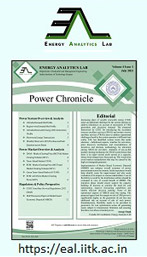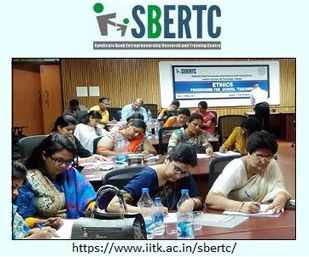|
||||||
 |
Content Pending
|
 |
||||
|
|||||||||||||||||
|
Course Structure and CurriculumTotal Credits - 216 Residential Requirement: 4 Semesters Core Courses: Seven (7) – 70 credits
Elective Courses: Students can take elective courses from DoMS and other departments of IIT Kanpur. Management Seminar Course: Every Semester (0 Credit). Attendance is compulsory. Capstone Project: To read more about Capstone Project, click CAPSTONE PROJECT tab. Summer Project: During summer break, after second semester is compulsory (10 Credits).
CLICK HERE to view the List of Courses as offered by DoMSCapstone ProjectThe Capstone Project is a two-semester process in which students pursue independent research on a question or problem of their choice, engage with companies in relevant disciplines, and - with the guidance of a faculty mentor - produce a substantial paper that reflects a deep understanding of the topic. Capstone Project generally progresses in one of the 3 avenues:
The Capstone Project has been implemented after rigorous feedback from industry, faculty and our alumni. The broad objectives of the Capstone project are:
This project runs simultaneous to the curriculum and creates an environment that engages, motivates, and inspires a student to learn more. As students can create something vibrant, engaging, and meaningful because they have chosen their area of interest, put their personal touch to it and as a result it bridges the gap between the academic material and what they have created. This enables students to retain the information better because they have designed something from a real-world experience.
|
|||||||||||||||||
Content Pending
Content Pending
|
||||
|
Updating Soon.
|
 |
|||
content Pending


























